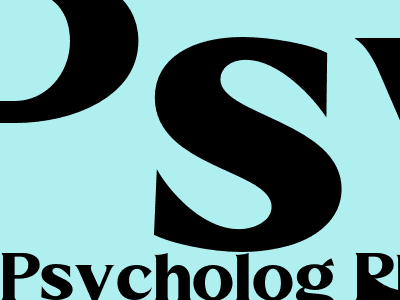The Lucifer Effect: Understanding How Good People Can Do Evil
Introduction
In the realm of human behavior, the Lucifer Effect stands as a chilling reminder of theダークサイドthat resides lurking within us all. Psychologist Philip Zimbardo's groundbreaking Stanford Prison Experiment in 1971 revealed the shocking truth: that ordinary individuals, when placed in a situation of authority and power, can be driven to commit acts of cruelty and aggression.
Zimbardo's Experiment: The Descent into Darkness
Zimbardo's experiment sought to explore the psychological effects of power and anonymity on human behavior. Participants were randomly assigned to play the roles of prisoners or guards in a simulated prison environment. Within days, the guards began to exhibit alarming signs of sadism and abuse of power, while the prisoners became passive and withdrawn.
The experiment, which was originally planned to last two weeks, was cut short after just six days due to the disturbing levels of psychological distress displayed by the participants. Zimbardo's findings suggested that the situational factors of power and anonymity could override individual morals and lead to the commission of heinous acts.
The Power of the Situation
Zimbardo's research highlights the profound influence of situational factors on our behavior. When placed in certain environments or circumstances, even those with the best intentions can become susceptible to the negative effects of power and anonymity.
This concept is supported by other studies, such as the Milgram Experiment, which demonstrated that ordinary people are willing to inflict pain on others when they are ordered to do so by an authority figure.
Overcoming the Lucifer Effect
While the Lucifer Effect is a cautionary tale about the potential for evil within us, it also offers insights into how we can prevent it from taking hold. Zimbardo suggests that creating a culture of accountability, transparency, and ethical decision-making can help to mitigate the negative effects of power and anonymity.
Conclusion
The Lucifer Effect is a sobering reminder of the fragility of human goodness. It teaches us that our capacity for both good and evil coexists within us, and that situational factors can significantly influence which side prevails.
By understanding the Lucifer Effect, we can become more vigilant in identifying and preventing the conditions that may lead to cruelty and aggression. Through the promotion of ethical leadership, accountability, and healthy social environments, we can strive to create a world where the forces of darkness are held in check.

Komentar